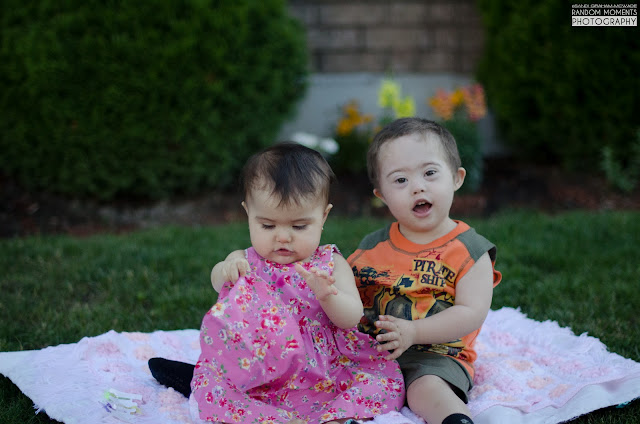Types of Down syndrome
The following is an article written by Stephanie Mamayson for the Canadian Down syndrome Society. This article describes the different types of Down syndrome.
Two to three per cent of people with Down syndrome have a translocation pattern. In translocation, during cell division, a part of the number 21 chromosome breaks off and attaches itself to another chromosome, usually the number 14 chromosome. About two-thirds of these translocations occur spontaneously while the rest are inherited from a parent. If the chromosome test shows a translocation, it is recommended that the parents have their own chromosomes analysed as the chance of having other children with Down syndrome may increase significantly.
To view the actual article click the following: Types of Down syndrome (This is a Microsoft Word document) or visit the CDSS page here.
Types of Down syndrome
There are three types of chromosomal patterns that result in Down syndrome. They are: trisomy 21, translocation and mosaicism. A blood test is required for chromosome analysis and the type of pattern would be determined at that time.
Ninety-five per cent of people with Down syndrome have trisomy 21, which means there is an extra #21 chromosome in each cell.
Two to three per cent of people with Down syndrome have a translocation pattern. In translocation, during cell division, a part of the number 21 chromosome breaks off and attaches itself to another chromosome, usually the number 14 chromosome. About two-thirds of these translocations occur spontaneously while the rest are inherited from a parent. If the chromosome test shows a translocation, it is recommended that the parents have their own chromosomes analysed as the chance of having other children with Down syndrome may increase significantly.
Approximately two per cent of people with Down syndrome have mosaicism. In this case, a faulty cell division occurs in one of the early cell divisions after conception, resulting in some cells having 46 chromosomes and some having 47. The percentage of cells with 47 chromosomes instead of 46 varies from person to person.
To view the actual article click the following: Types of Down syndrome (This is a Microsoft Word document) or visit the CDSS page here.

